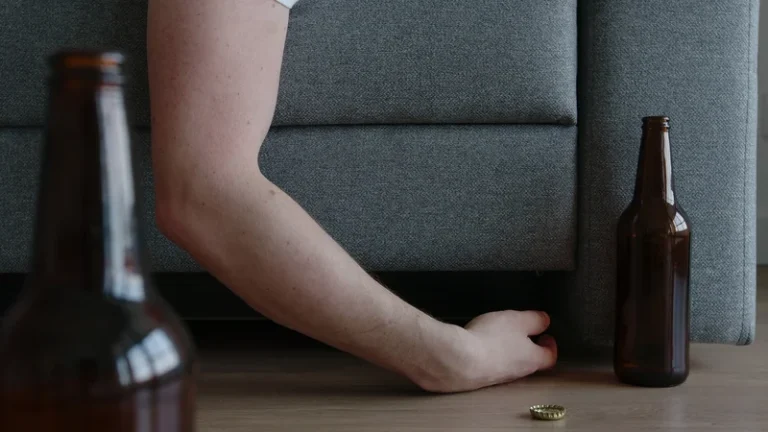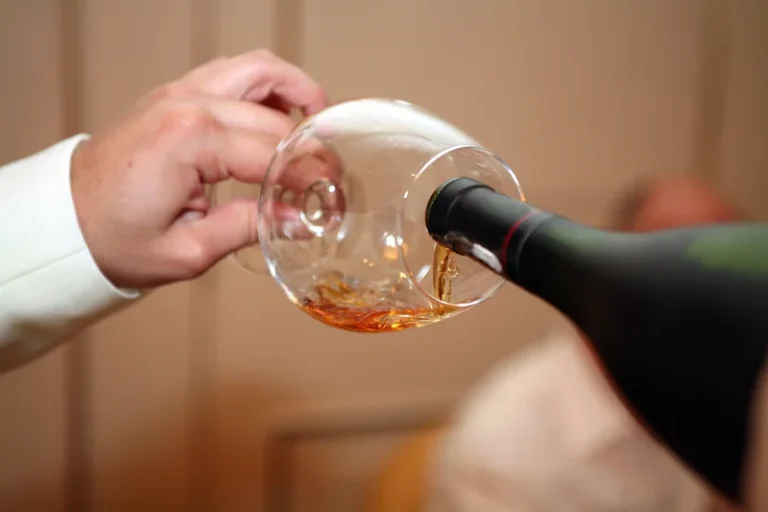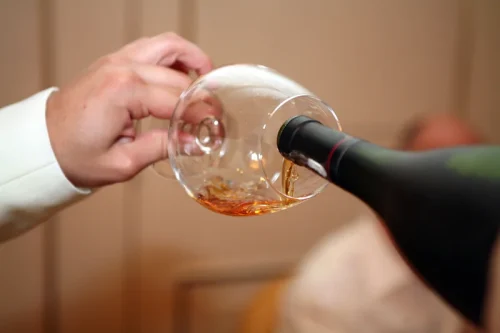
In addition, the frequency of adverse effects is relatively low and the severity of most ad-verse effects is mild or moderate. Historically, long-term drinkers were denied medications (except for detoxification) because of long-standing stigmas about alcohol-dependent patients taking any medications (“treating a drug with a drug”). Fortunately, this attitude is fading as scientists impart knowledge to professionals and the public about the possibilities of correcting the neurobiology of addiction by treating the addicted brain with certain medications. In addition, there are legitimate safety concerns about the potential interaction of medications with alcohol, or the potential for antidepressant overdose in depressed intoxicated patients. Today in the United States, alcohol dependence is almost always treated in an outpatient setting, where continued drinking and poor treatment attendance can be major obstacles to observing periods of abstinence.
Explaining Sensitization in the Context of Addiction Relapse
- Fortunately, bias is fading as scientists learn more about treating the addicted brain with certain medications and correcting the neurobiology of addiction.
- The Centers for Disease Control and Prevention has found that 9 out of 10 adult binge drinkers don’t have a severe alcohol use disorder, but that doesn’t mean alcohol isn’t a problem for them.
- Furthermore, in a large study by Albrecht et al., the risk of traumatic brain injury was evaluated in patients with alcohol dependence and depression.
- Researchers agree that alcohol and depression have a bidirectional relationship, meaning that depression can cause overuse of alcohol, but overuse of alcohol can also cause depression.
Mutual-help groups also can be effective elements of treatment for co-occurring AUD and depressive disorders. Depression is a common psychiatric disorder that can occur at different age groups 6. Although there are multiple medications used for managing does alcohol make depression worse depression, treatment success is usually low, especially in patients with alcohol dependence or SUDs 9. Hence, some studies have investigated different treatment modalities and examined depression treatment outcomes in these patients.
The link between alcohol use disorder and depression
Uganda’s health strategic plan 9 and education policy 10 align well with the national development plan to increase enrollment and completion rates of universal primary and secondary education, especially among girls. Although public schools have increased the rates of school enrollment in Uganda over the past few decades, the high dropout and low completion rates are still of concern. The World Bank computes secondary completion rates by dividing the number of new entrants in the final secondary grade (excluding repeaters) by the population at https://ecosoberhouse.com/ the typical entrance age for that grade, then multiplying by 100 11.

Joe and Sarah’s journey from recovery at Providence Projects to founding a rehab centre in Sierra Leone

Depression itself contributes to the risk of alcoholism due to its effects on the brain’s reward system, where individuals may increasingly turn to alcohol as a self-medicating tool to alleviate negative emotions. Alcohol alters the balance of glutamate, another crucial neurotransmitter involved marijuana addiction in learning and memory, leading to disruptions in cognitive function and increased susceptibility to depressive thought patterns. Depression and alcoholism treatment requires the proper use of medication and psychosocial interventions, as well as a solid doctor-patient relationship and a commitment to treat both disorders. Following a successful detox, an inpatient or outpatient treatment setting may be advised depending a variety of factors determined via a substance use disorder assessment conducted by a medical professional. Inpatient treatment allows for 24/7 monitoring and care in a hospital or other treatment facility.
Depression and Alcohol Use Disorder: Are They Connected?
- The more alcohol an individual consumes, the stronger their dependency will become over time.
- While the prevalence of co-occurring disorders is clear, the link between depression and alcohol abuse is more complex.
- While it’s common to experience a hangover or feel a bit sluggish after drinking alcohol, for some people, alcohol consumption can exacerbate depressive symptoms.
- It is plausible to assert that academic pressure from caregivers, parents, teachers or peers to score higher grades are potential sources of psychological distress.
- Simple and multivariable modified Poisson regression models were fitted with robust error variance commands to estimate prevalence risk ratios (PRR) with 95% confidence intervals (CI) 48.
- This multi-test approach will help them rule out other conditions that might account for your symptoms.
They can guide you through a confrontation, letting you know how to prepare and what to expect. Many quality treatment programs also offer continuing linkage to your treatment providers and recovery community with aftercare programs, allowing you to stay connected and supported in your journey toward sustained recovery and better health. Doctors use a physical exam, lab tests and a psychological evaluation to diagnose depression. These tests help determine the type of depression present, as well as eliminate the possibility of certain health conditions like thyroid problems and viruses.
- Acamprosate restores the glutamate-related brain systems that are abnormal in patients with AUD, especially during acute and prolonged withdrawal.
- A person’s fear of aversive effects of the disulfiram-alcohol interaction can be a deterrent for some patients.
- Information about NIMH, research results, summaries of scientific meetings, and mental health resources.
- Understanding brain chemistry is key to better decision making to help support both alcoholism and mental health.
- People with AUD have a heightened risk for depressive disorders, which are the most common co-occurring psychiatric disorders for this population.

This article covers everything you need to know about the connection between alcohol and depression. Naltrexone, Acamprosate, and disulfiram are also FDA-approved medications that can help curb alcohol cravings. «Cells are living beings, and if you want to fix the issue of depression at the level of the cells, they cannot be inebriated,» says Taylor.


